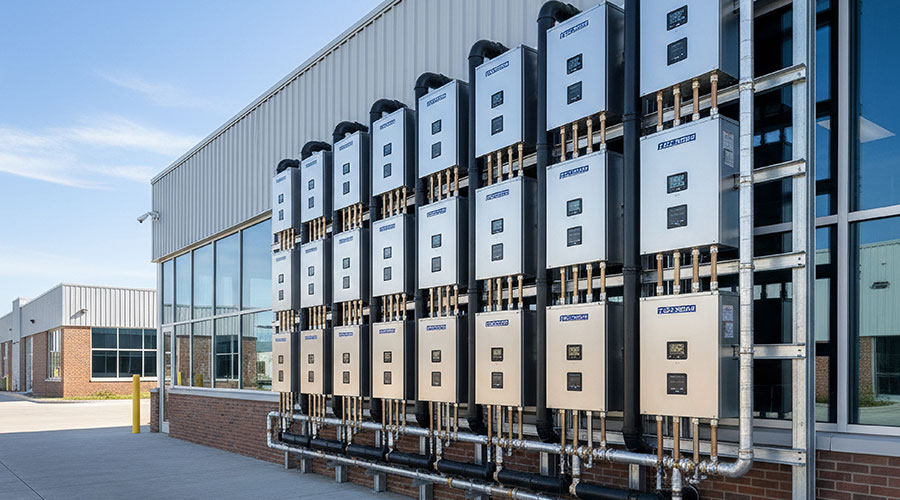« Back to Facilities Management News Home
« Energy Efficiency
New Buildings Institute: Study Highlights Role of Controls in Achieving Zero Net Energy Buildings
Nov. 18, 2015 — Monitoring and control systems are at the nexus of buildings and successful zero net energy (ZNE) performance, according to a new study from the Continental Automated Buildings Association (CABA).
The study, "Zero Net Energy Building Controls: Characteristics, Energy Impacts and Lessons," was conducted by New Buildings Institute (NBI) and focuses on three areas from the designer and user experience to surface details about how existing and emerging monitoring and control technologies are helping designers, building owners, operators, and occupants achieve and maintain ZNE performance.
ZNE buildings have greatly reduced energy loads such that over the course of a year, all of a building's annual energy needs can be met with onsite renewable energy. ZNE buildings are an emerging trend in response to energy efficiency and carbon reduction policies, as well as market interest in "green and sustainable" environments.
"Building and system-level controls can be a cornerstone that secures performance, or a weak link that creates challenges for design teams and operators," said CABA CEO Ron Zimmer. "ZNE buildings are now moving to the forefront of energy-efficient design and operations, but little is known about the energy-related control systems in these projects. This study focuses on answering questions around control aspects in ZNE buildings."
Access the full report here.
More From 12/16/2015 on FacilitiesNet







